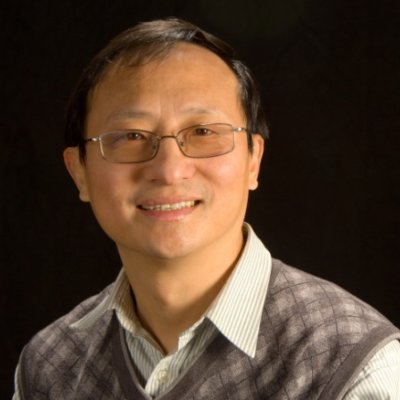David Yun Dai
PhD, Purdue University

David Yun Dai joined the faculty of Educational Psychology and Methodology at University at Albany, State University of New York in 2001. He received his PhD from Purdue University, and worked as a post-doctoral fellow at the National Research Center on the Gifted and Talented, University of Connecticut. He also holds a BA in Chinese Language and Literature, and an MA in Comparative Literature from East China Normal University. Prior to his appointment with University at Albany, he worked as an assistant professor of psychology at the Central Missouri State University. He teaches courses pertaining to instruction, learning, motivation, and cognition. He also teaches a seminar on giftedness, talent, and creativity.
Research Interests
Dr. Dai is internationally known for his work on gifted education, talent development, and creativity. He has published 11 authored and edited books, and over 130 journal articles, book chapters, encyclopedic entries. Dr. Dai was a Fulbright scholar twice, to China during 2008-2009 and to Germany during 2015-2016. He was the recipient of the Distinguished Scholar Award conferred by the National Association for Gifted Children in 2017. He currently serves on the editorial boards of Gifted Child Quarterly, Journal for the Education of the Gifted, and Roeper Review, Gifted Education International (Turkey), and Academic Journal of Special Education (Taiwan). His recent publications include a lead chapter on the intellectual history of giftedness and talent in the APA Handbook of Giftedness and Talent (edited by Pfeiffer, 2018), Scientific Inquiry into Human Potential (co-edited by Dai & Sternberg, 2021; Routledge), and Talent Development From A Developmental Science Perspective (solely authored book in Chinese, upcoming; Shanghai Education Publishing). Dr. Dai’s current work includes: (a) writing a book on the Evolving Complexity Theory (ECT) of talent development he has developed (Dai, 2017, 2021), (b) conducting research on the assessment of intellectual and creative potential, and paradigmatic and methodological issues in talent development research, and (c) working with Dr. Ron Sun of RPI to develop an integrated computational theory of motivation, learning/cognition, and intellectual performance, supported by a grant from the Army Research Institute on the Behavioral and Social Sciences.


